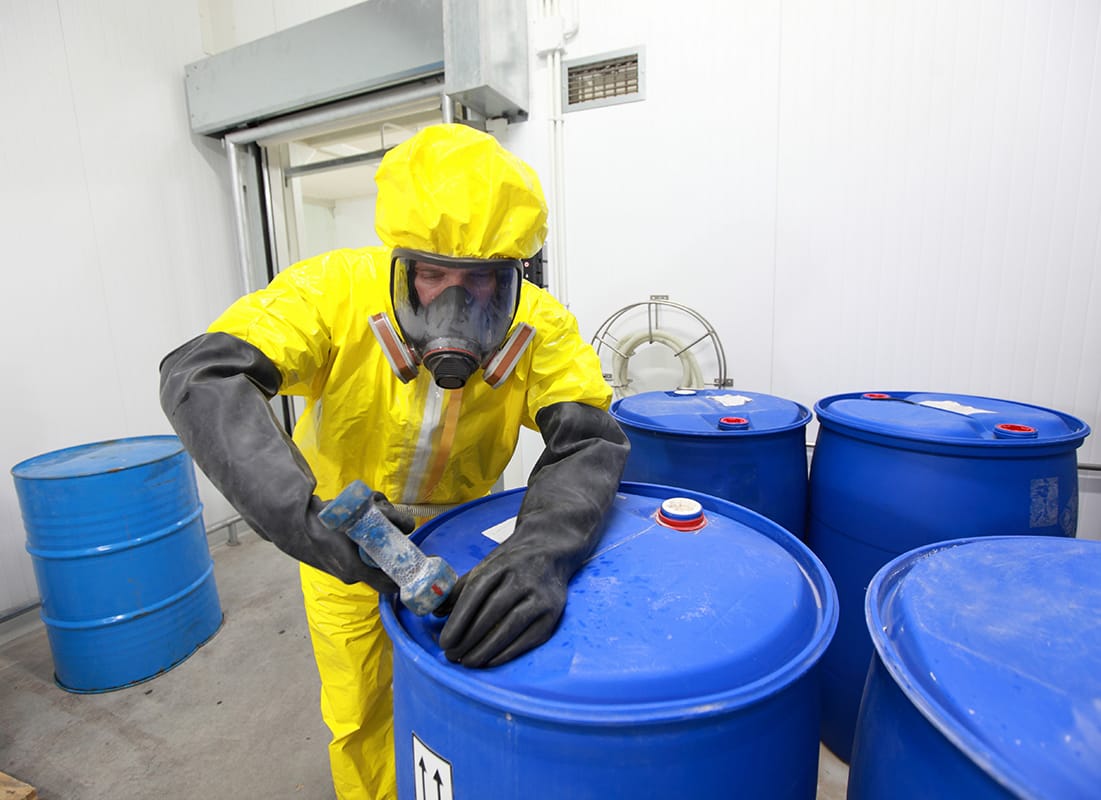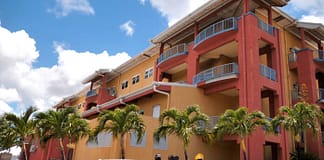
INDISCRIMINATE DISPOSAL and unsafe management of hazardous solid waste due to the lack of specialised treatment and disposal facilities is a major problem in Antigua & Barbuda.
The burning of electronic waste to extract valuable recyclables, such as copper wires and other valuable metal products, results in the release of fumes and other unintentional persistent organic pollutants.
This affects the soil, air, water, human and animal health, particularly the nearby communities.
From 2018-2019, the UNDP Small Grants Programme (SGP) implemented a community metal recycling initiative in association with the GEF IWEco Project.
To address this problem, Will’s Recycling, through the support of the project, implemented the following activities in St John’s, Antigua:
- The building to house wire stripping equipment was constructed.
• Waste pickers were interviewed for their feedback regarding the use of a granulator for processing their electrical waste.
• A granulator was purchased and installed to separate copper wire from its insulation, and to make both materials fit for reuse.
• Video, and other educational materials showing appropriate ways of recycling waste and protecting the environment were used to improve the public’s awareness.
LAST PHASE
The last phase of the project involved building and strengthening partnerships with schools, hotels, and the Antigua Public Utilities Authority.
This project has the potential to contribute towards environmental protection. With the operationalisation of the granulator, it is expected that 30 tonnes of metal waste will be diverted annually from the burning process.
Will’s Recycling will safely separate the metal from its covering and prepare it for shipping, and eventual recycling. This is expected to improve air quality in surrounding communities as the practice of burning material to get to the metal components would be reduced.
In addition, Will’s Recycling, in conjunction with several partners, are working to influence policy for a shift towards sound waste management systems. This is being done through:
• Consultation with government and non-governmental agencies such as Zero Waste, National Solid Waste, the Department of Analytical Services, and the Department of Environment; and
• Participation in key technical waste management workshops, training and conferences jointly organised by regional and international agencies such as the Basel Convention Regional Centre, the International Union for Conservation of Nature, and the Norwegian Agency for Development Cooperation.
These workshops and conferences often target key stakeholders who have the power to influence policymakers to develop and enforce legislation pertaining to the handling, transportation, treatment, processing, and disposal of waste.
Source: UNEP GEF IWEco Project quarterly newsletter, December 2021
Advertise with the mоѕt vіѕіtеd nеwѕ ѕіtе іn Antigua!
We offer fully customizable and flexible digital marketing packages.
Contact us at [email protected]
















